In Defense of … ‘Popeye’
The much-maligned and under-appreciated 'Popeye' movie from 1980 might be considered a black mark on the late Robert Altman’s legacy and one of the most notorious bombs of all time (sitting firmly among the 'Ishtar's and 'Gigli's of the world), but don't be fooled: This is one of the few comics-to-movie adaptations that actually works beautifully.
Lord knows Robin Williams would never be this endearing (or well-cast) again. From the simple declarative song titles like “I’m Mean,” “He’s Large” and “Blow Me Down," all written and arranged by Harry Nilsson, to the amazing set designs that turned the island of Malta into the convincing shantytown Sweethaven to Shelly Duvall as the very embodiment of Olive Oyl -- there’s tons to love about this strange box-office failure.
The timeless “moraliky” tale pushes a “be-true-to-yourself” agenda (after all, "I yam what I yam!") that goes down easy with lots of vaudeville-style physical comedy and some choice first-act slapstick fight scenes that occur with nary a can of spinach in sight. In an era obsessed with cinematic hero-origin stories, it seems odd this was one of the primary criticisms tossed at the ambitious musical; the one-eyed sailor hates spinach and doesn't convert until the film's last few minutes.
There's one thing you can say with confidence about 'Popeye,' it's ambitious as hell. Paramount and Disney teamed up to make it their 1980 holiday-season family-movie blockbuster, but the overwhelming critical consensus sealed its fate as a historic failure on a grand (and expensive) scale.
Altman, previously a critical darling for movies like 'M*A*S*H' and 'Nashville,' was certainly an interesting choice to direct, but his uncompromising creative vision succeeds at doing the seemingly impossible: bringing a one-eyed, bulbous-armed sailor into the a live-action world for the very first time. Oh, and he made it a stirring musical.
Why did audiences and critics hate it so much? Expectations almost certainly had something to do with it.
It's no Hollywood secret that 'Popeye' was troubled from the start. Certified stars like Dustin Hoffman and Lily Tomlin, both considered for the title roles, backed out after signing on. Williams came aboard at the peak of his drug addiction to work on a sprawling big-budget project with notorious drinkers Altman and Nilsson. Not exactly the ideal combination of personalities for a smooth production. Add to that an accelerated production schedule and a budgetary woes, and it's a wonder 'Popeye' got made at all.
But none of 'Popeye's' production problems show up onscreen. So why did audiences and critics hate it so much? Expectations almost certainly had something to do with it. The movie was more than spinach, fighting and poor diction. And while it certainly wasn't a "message movie," it did have some interesting things to say about morality, being yourself and paternity. The foundation of Jules Feiffer's screenplay is focused on how Popeye's search for his long lost papa leads him to Sweethaven, where an abandoned baby in a basket lands in his lap ("I came lookin' for me papa, and now I'm a mudder").
For anyone who'd grown up on the King Features Popeye cartoons, the movie's approach was probably confusing. (Who were all these townspeople? Does Olive really have a brother named Castor?) That's because 'Popeye' owes far more to E.C. Segar's 'Thimble Theatre' funny-pages origin and the amazingly clever (even by modern standards) Max Fleischer animated theatrical shorts -- many of which were also musicals -- from the '30s. But as if Altman was anticipating his audience's misplaced notions of what was to follow, the movie begins with the black-and-white animated intro from the Fleischer cartoons in which the cartoon Popeye cuts things short. "What's dis? One of Bluto's tricks? I'm in the wrong picture!"
This is followed by a jarring cut to a live action sea storm where a tiny dinghy makes it's way to dock. The moment Williams' Popeye removes his raincoat exposing his trademark forearms (which are oddly convincing as a make-up effect) we know that whoever's in charge here is taking things seriously.
It's Altman's respect for the source material and obvious affection for the characters that sets 'Popeye' apart as something special in the realm of animated-to-live-action adaptations. Altman's style also serves the script well; he was always recognized for his ability to create realism through overlapping dialogue and background "business" for minor characters. The movie's fictional setting, Sweethaven, and its residents -- a cast of physical comedians and new-school vaudevillians -- are ideal for channeling his distinctive approach. It's a truly unique setting bubbling over with manic energy. It doesn't look like any world you recognize, but it does look real, lived-in and worn-out.
But it's the two primaries that shine most in 'Popeye.' Williams, in his feature-film debut, must have seemed like some kind of revelation to less critical audiences who had only ever seen him as Mork. His ability to spend an entire movie's running time acting, emoting and singing from beneath a face contorted to look like one of the ugliest, most unconventional comic/cartoon icons of all time. Despite the terrible things he's said about it in interviews, 'Popeye' shows us Williams in top form.
Williams must have seemed like some kind of revelation to audiences who had only seen him as Mork.
Sadly, Duvall would never find a role better suited to her quirky style and lanky, oddly attractive screen presence. But as Olive, she's perfection. Her mid-movie solo number, "He Needs Me," is a show stopper. (Director Paul Thomas Anderson liked the song enough to include it in its original form on the soundtrack for 'Punch-Drunk Love.')
Recognition must also be paid to secondary players like Ray Walston ('Fast Times at Ridgemont High') for his spot-on take interpretation of Popeye’s gruff papa, Poopdeck Pappy. Cult go-to heavy Paul L. Smith makes for a truly menacing Bluto. Hard-working character actor Paul Dooley even makes Wimpy's blase gluttony convincing. And that’s Altman’s grandson as adorable “infink” Swee’ Pea giving the baby performance of the century.
Sure, the last act drags a bit; there's an octopus attack that doesn't quite pay off, and the final face off between Popeye and Bluto doesn't satisfy the way you might hope. But everything that comes before is weird, wild and irresistible if you give in to its indisputable oddball charms.
More From Diffuser.fm









